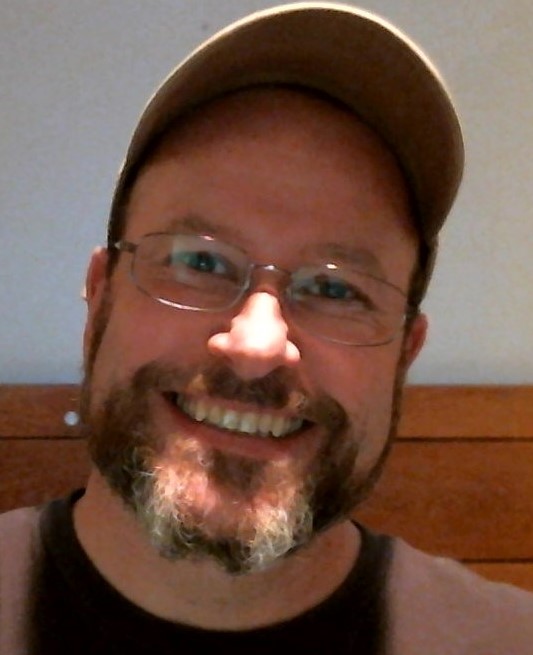
John Prue is the Chief Information Officer and Office of Information Technology Director for the National Institute of Dental and Craniofacial Research (NIDCR). He’s been in the role since 2008 and first came to the National Institutes of Health (NIH) in 1996. Prue is also a Coding it Forward Civic Digital Fellow mentor for the second year in a row.
“I just had so much fun last year working with our fellow, and I'm having a great time this year working with Chris,” Prue said. “It is purely an indulgence, I have to confess.”
A self-described geek and “techie,” Prue appreciates the opportunity to work side-by-side with a fellow on a data science-focused project. This year, Prue is working with Chris Yang, a rising sophomore at Duke University double majoring in computer science and statistics with a concentration in data science.
“We're learning together and so, a lot of times what is happening is Chris and I talk about concepts with Chris bringing to bear his experience and recent trainings,” Prue explained. “I bring to the table some experience in machine learning and data science, but also I have expertise in our business domains and our scientific portfolio.
“Our discussions lead to ideas, and then we try to see if there is an actual, practical way to implement these ideas using machine learning and natural language processing.”
Prue and Yang have been working on wrangling a large corpus of data in the form of help requests from NIDCR colleagues. The goal is to apply natural language processing and machine learning techniques to ultimately build a machine that can offer expedient support to users who submit IT tickets.
“It gives me an opportunity to learn as well, which is terribly important as a technology leader at NIH,” Prue explained. “I feel it's part of my responsibility to keep up with evolving technology so that I can inform my work and inform my leadership and management goals and the ways that I'm doing business in support of the NIH and my institute.”
For Prue, mentorship isn’t just about his opportunity to learn – it’s about inspiring a new generation of data scientists to support the “continued progress in health sciences and biological sciences” and the NIH mission.
“If I can get Chris to be a little impressed with what NIH is doing, to be a little bit interested in our mission, there's an increased chance that his career path may find him doing data science for NIH, either in terms of the business of science, or the science itself,” Prue said. “We need both.”
Prue’s strategy seems to be working, at least with his current fellow.
“I currently do have a very strong interest in the intersection between data science, data, science and biomedical research,” Yang admitted. “Perhaps one day I'll see myself back on Bethesda’s campus.”
The Office of Data Science Strategy at NIH works with institutes and centers like NIDCR and with Coding it Forward to bring fresh perspectives to tackle computational challenges facing the biomedical research workforce each summer. ODSS will feature fellows and mentors from the 2020 cohort throughout the summer. Meet John's fellow, Chris.


